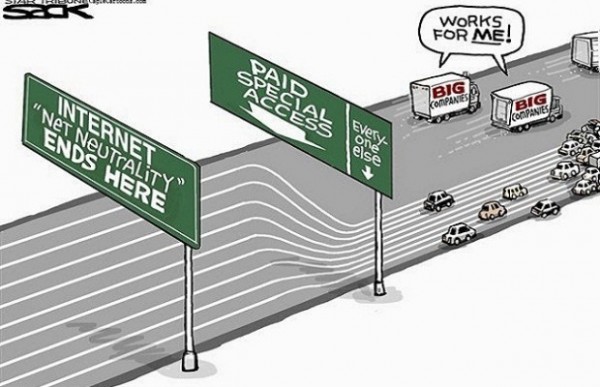India Internet ruling blocks Facebook ‘Free Basics’ program
Telecom regulator’s decision to ban ban differential pricing of data evoked mixed reaction from the industry, with telecom companies and Facebook expressing disappointment, and internet associations and startups welcoming it.
The decision firmly rejects Free Basics, championed by Facebook founder Mark Zuckerberg, who had said the scheme will bring free internet to millions of Indians in rural areas.
“No service provider shall charge differential pricing on the basis of source, destination, application and content”, the TRAI chairman said. Working more closely with regulators, Facebook could bring Free Basics back to India, just in a different form that better meets net neutrality standards. While TRAI has banned the zero-rated services, it has urged telecom companies to expand internet access to such regions through other means such as offering limited free data, which still allows access to the entire internet.
“While disappointed with the outcome, we will continue our efforts to eliminate barriers and give the unconnected an easier path to the internet”, said Facebook in a statement. The TRAI said that Free Basics and other services like it should be treated in the same way as other Internet services and therefore incur mobile data costs. Within 24 hours of the Indian government’s rejection of Facebook’s Free Basics program, Mark and Priscilla Zuckerberg appeared with new daughter Max to deliver a Happy Lunar New Year’s message in Chinese.
India has a population of over 1.2 billion people, but less than 20 percent have access to the internet. But as well as hitting out at the Telecom Regulatory Authority of India (TRAI), he also says he wants to keep driving to connect the whole of India to the internet to “help lift people out of poverty, create millions of jobs and spread education opportunities”. “We care about these people, and that’s why we’re so committed to connecting them”, added Zuckerberg in his Facebook post.
While Zuckerberg has acknowledged Facebook’s business would benefit from gaining more users around the world, he’s also argued that internet access is a powerful tool for economic development in low-income regions. “To them, zero-rating is ‘poor Internet for poor people.’ But all they have to offer in return is “no Internet for poor people”, said”.
TITA heartily congratulates all Digital Activists across the country who fought for Net Neutrality. The US-based company had promoted its Free Basics campaign through massive advertisements and even asked its users to support Free Basics by writing via email to Trai.
Facebook’s free internet initiative has been launched in 36 nations, mostly in Asia, Africa and South America.
The Authority may review these regulations after a period of two years or earlier as it may deem fit.








